Vietnamese cinema and world cinema always place historical and literary adaptations in an important position.
Audiences line up to buy tickets for “Peach, Pho and Piano” on February 22 at Beta cinema complex. (Photo: HONG HA).
Although full of potential and having existed for a long time, according to experts, the development and production of this film sector is still a "fertile land" that has not been effectively exploited, leaving a gap in the overall picture of Vietnamese cinema.
Vietnamese cinema has had many historical films that have left a deep impression such as: "Sao Thang Tam", "Hanoi in winter of 1946", "Vi tuyen 17 days and nights", "Nguyen Ai Quoc in Hong Kong"... or films released not long ago such as: "Long Thanh Cam Gia Ca", "Nhung Nguoi Viet Huyen Thoai", "Mui Co Chat", "Dao, Pho and Piano"...
Meanwhile, successful films adapted from literary works include: “Chi Tu Hau” (from the short story “A story copied in the hospital” by Bui Duc Ai); “Con chim vong nha” (from the short story “Chuoc chuot mot bai ca” by Nguyen Van Thong); “Mother away from home” (from the short story of the same name by Nguyen Thi); “Ben khong chong” (from the work of writer Duong Huong); “Me Thao- thoi vang bong” (from the story “Chua Dan” by writer Nguyen Tuan); “Dung dot” (based on the diary of martyr Dang Thuy Tram)...
However, compared to the cultural and historical scope of the nation and the practical requirements of life, both the quantity and quality of cinematographic works have not met the requirements.
Watching the classic historical works of famous cinemas in the world, we see that they invest in making films meticulously, ensuring historical accuracy from costumes, props, space, to language, psychology... characters..., while films adapted from literary works are also meticulous, flexible and highly artistic. Such films have attracted a significant audience, urging them to learn and broaden their horizons and understanding of the history and literature of these countries.
Chairman of the Vietnam Writers Association Nguyen Quang Thieu said that this is a matter of great concern and concern. He himself has had a number of works adapted into cinema, such as: “Mustard Flower Season by the River”, “The Land of the Guava Tree” and every time he watches a historical film adapted from literature, he looks up the original data to expand his information and knowledge.
Most authors want their works to be adapted, but that is a challenging task for filmmakers and managers... Analyzing the reasons for the shortage in quantity and quality of films in this field, poet Nguyen Quang Thieu said that sometimes domestic filmmakers are still rigidly dependent on historical content or original literary works, lacking creativity in cinematic thinking, expressing their own perspectives, creating lives for characters, on the basis of respecting historical truth and not going against the main spirit of the original literary work.
Sharing the same viewpoint, director Charlie Nguyen affirmed that the two above mentioned film fields bring special and different values to the development of the film industry. Everyone in the film industry cherishes the plan, but not everyone can overcome psychological barriers, promote courage, creativity and have deep understanding.
For example, when making a film about history, the director must learn and research as thoroughly as possible about the events and characters before starting to create. This is not only a fundamental principle but also a matter of professional ethics.
However, many filmmakers have not met this minimum requirement. In addition, there are many other difficulties, such as: High costs due to having to build sets, costumes, and props; challenges in revenue and commerce, making it difficult to convince investors and audiences to come and watch to recover capital...
It can be said that the film industry exploiting historical themes, adapted from literary works, has been and is in need of more practical attention, with mechanisms and preferential policies from the State. Specifically, to operate a film project on historical themes, there needs to be preferential policies on taxes, loans, creating conditions for setting up film studios, building a warehouse of props about historical periods for further exploitation and use later.
Mr. Qian Zhongyuan, Production Director of As One Production (China) - producer of many successful historical films, shared his experience in exploiting historical themes in cinema. According to him, to make good historical films, one needs to broaden one's perspective and thinking. Official historical events must be respected, and cannot be done otherwise. However, on the historical foundation, there is always room for filmmakers to be creative and take advantage.
Many countries have policies to encourage historical films and films adapted from literary works. Filmmakers are always supported by researchers and experts in the industry throughout the filmmaking process. Furthermore, films about these topics are also supported financially. Localities have policies to support and facilitate filming in desired locations, because if the film is successful, it will stimulate tourism.
According to Associate Professor, Dr. Bui Hoai Son, Standing Member of the National Assembly's Committee on Culture and Education, respecting history is the ethical responsibility of filmmakers. The Cinema Law has a number of provisions to protect historical truth. These are necessary boundaries to ensure that works do not deviate from the goal of education and honoring history.
However, art still has room for creativity in the “gaps” to make the story more attractive and lively. Combining authenticity and creativity, historical cinema will be able to touch the hearts of the audience, creating works that are both educational and artistic, and the goal of film commissioning is to aim for this purpose.
During the screening of the film "Hanoi Winter 1946" and the exchange between the film crew and the audience as part of the 7th Hanoi International Film Festival 2024, director Dang Nhat Minh shared his emotions when seeing the audience still coming to the film after 28 years of release.
This proves that the audience has not turned their backs on the culture and history of the nation, but is still passionate and deeply attached to it. After nearly three decades, the film is honored to return to serve the audience of the capital, bringing impressive images of Hanoi, Uncle Ho and the self-defense soldiers during the difficult period of the country.
Director Ngo Quang Hai (playing Lam in the film) believes that one of the important factors that contributed to the film's success is the patriotism that comes from the heart, soul, and passion of director Dang Nhat Minh. That is the decisive value for the film to not stop at the scope of a cinematic work but become a cultural heritage.
One of the key issues and suggested solutions to improve the quantity and quality of important film segments is: The need for deep and appropriate awareness. Compared to previous stages, the 2022 Cinema Law has many open regulations to develop the film market in the fields of film production, distribution and dissemination.
The regulation of expanding the subject matter and genre of films and implementing the order for film production using the state budget (without bidding) facilitates the creation of film works, meeting the requirements of implementing the political tasks of the Party and the State, promoting national traditions, the image of the country, people and cultural identity of Vietnam. Currently, the number of domestic feature films produced annually is about 40 films, at an average level, but the potential for developing film production is still very rich.
Film experts emphasize that, in the end, the deciding factor is still the talent and courage of the filmmaker. They need to give their all and believe in the path they have chosen. From a management perspective, more innovation is needed in thinking and operation, and even the audience needs to broaden to avoid narrow and imposed views.
Historical themes and literary works through the lens of cinema will become more attractive, spreading many meaningful messages to contribute to education and enhance national pride and self-esteem.
How to make works exploiting these topics truly valuable and attract audiences is always a difficult problem that makes filmmakers confused and hesitant. Actively discovering and nurturing talent; encouraging creativity within certain standards; learning useful experiences from international... are solutions proposed by domestic and international experts with the hope of being able to overcome difficulties and promote the potential of Vietnamese cinema.
According to nhandan.vn
Source: https://baophutho.vn/vung-dat-mau-mo-cho-dien-anh-viet-nam-222598.htm


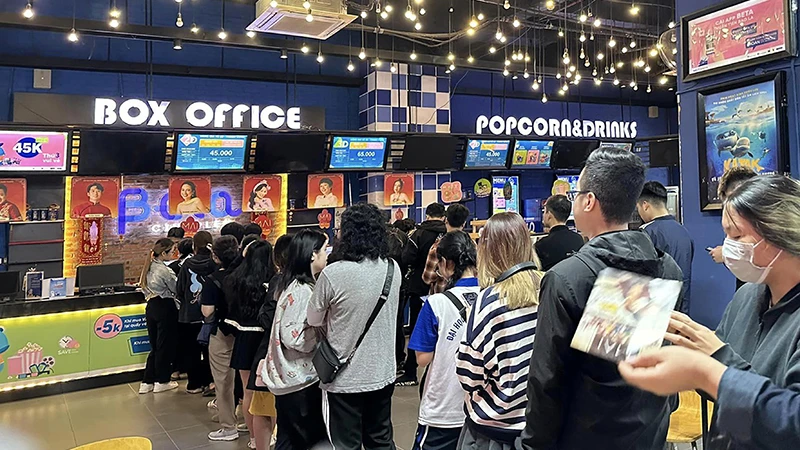
![[Photo] Prime Minister Pham Minh Chinh meets with King Philippe of Belgium](https://vstatic.vietnam.vn/vietnam/resource/IMAGE/2025/4/1/be2f9ad3b17843b9b8f8dee6f2d227e7)


![[Photo] Close-up of Vietnam's sniffer dog team searching for earthquake victims in Myanmar](https://vstatic.vietnam.vn/vietnam/resource/IMAGE/2025/4/1/d4949a0510ba40af93a15359b5450df2)
![[Photo] General Secretary To Lam receives King Philippe of Belgium](https://vstatic.vietnam.vn/vietnam/resource/IMAGE/2025/4/1/e5963137a0c9428dabb93bdb34b86d7c)
![[Photo] President Luong Cuong and King Philippe of Belgium visit Thang Long Imperial Citadel](https://vstatic.vietnam.vn/vietnam/resource/IMAGE/2025/4/1/cb080a6652f84a1291edc3d2ee50f631)
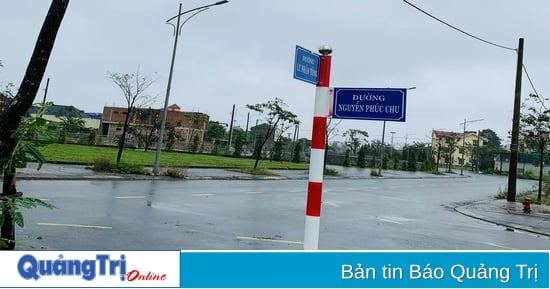
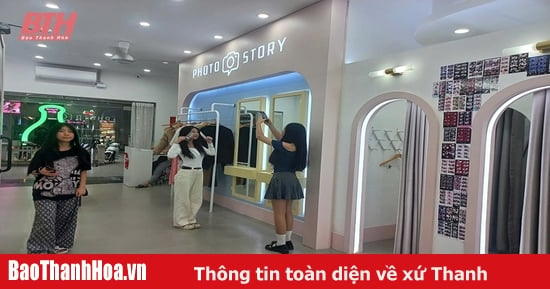
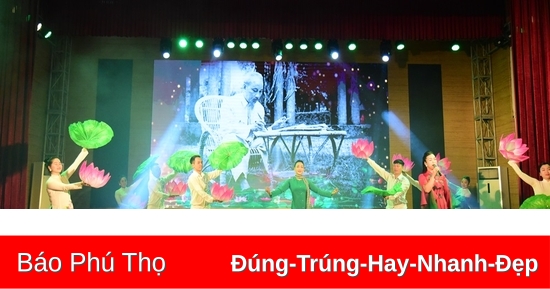
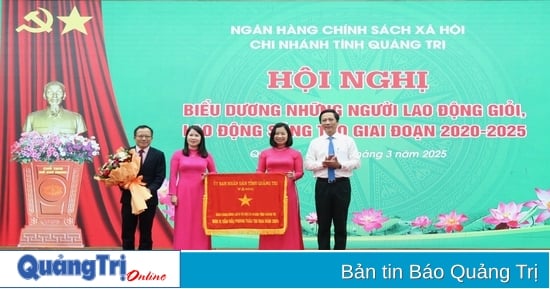

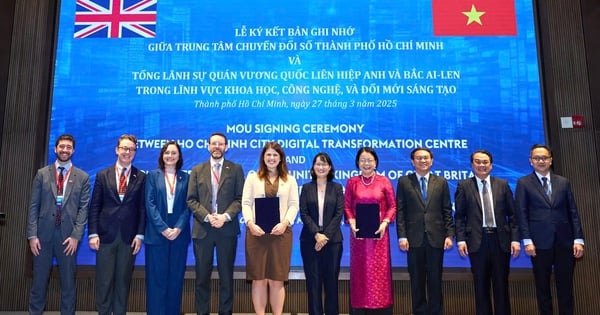

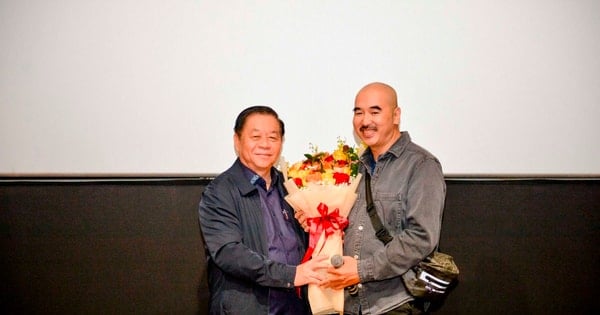

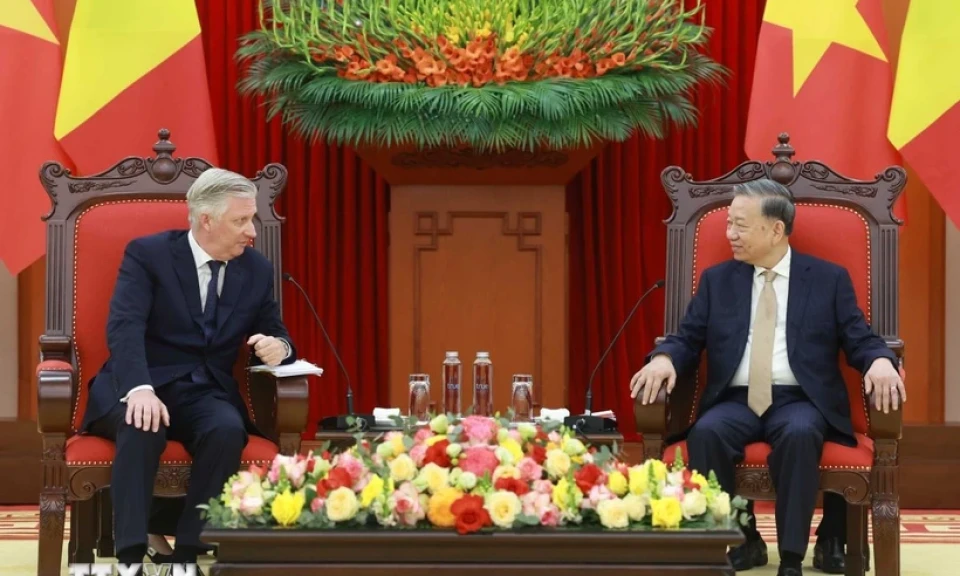


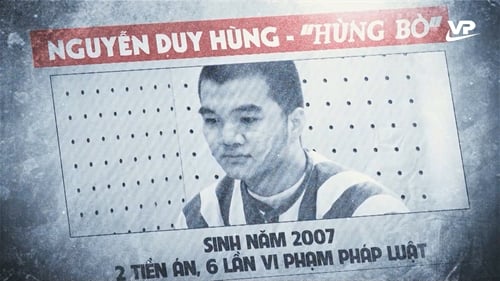
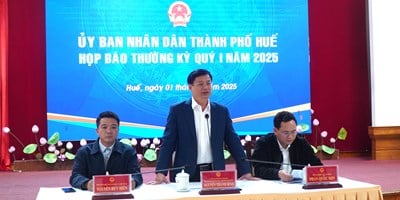
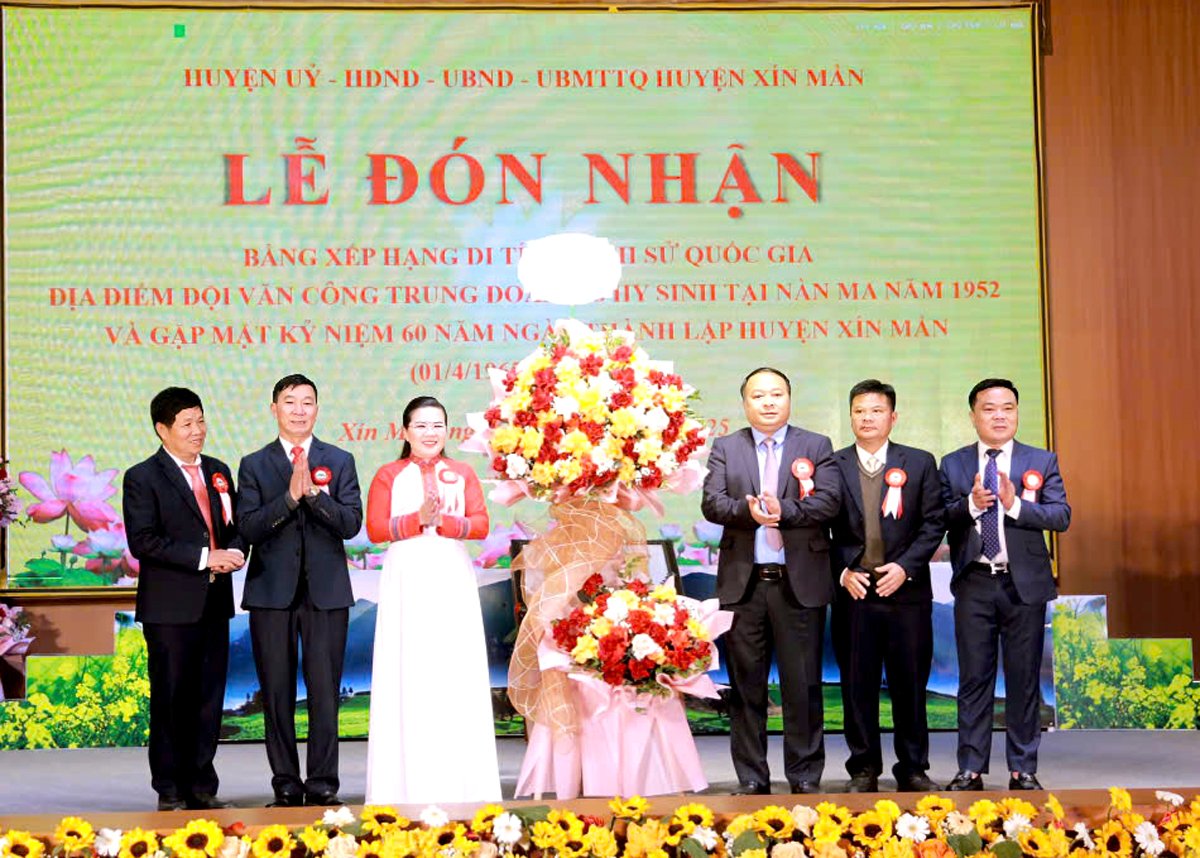





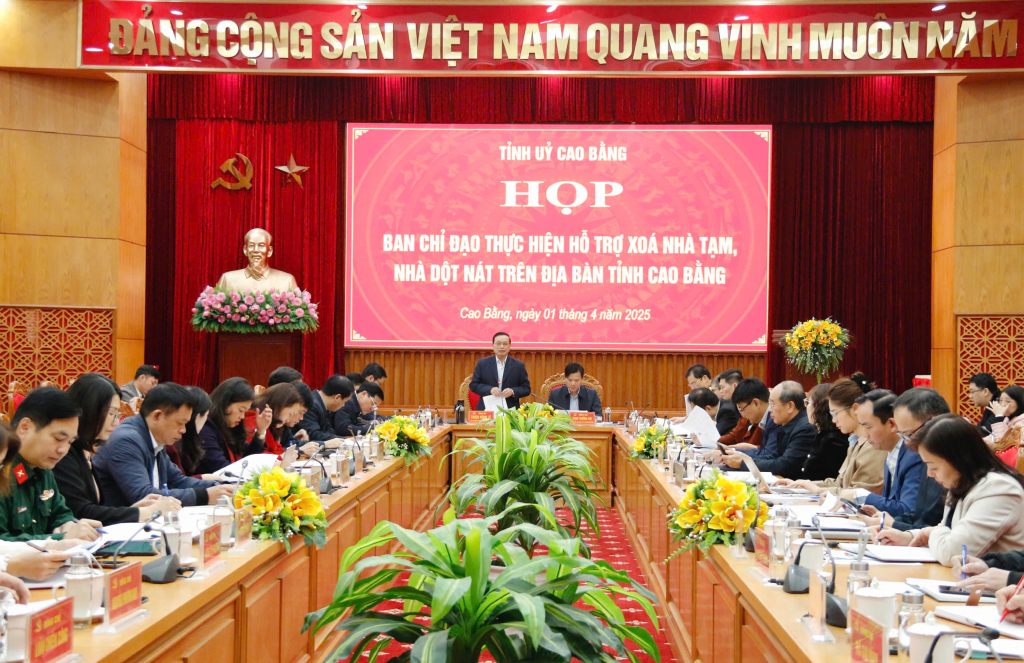
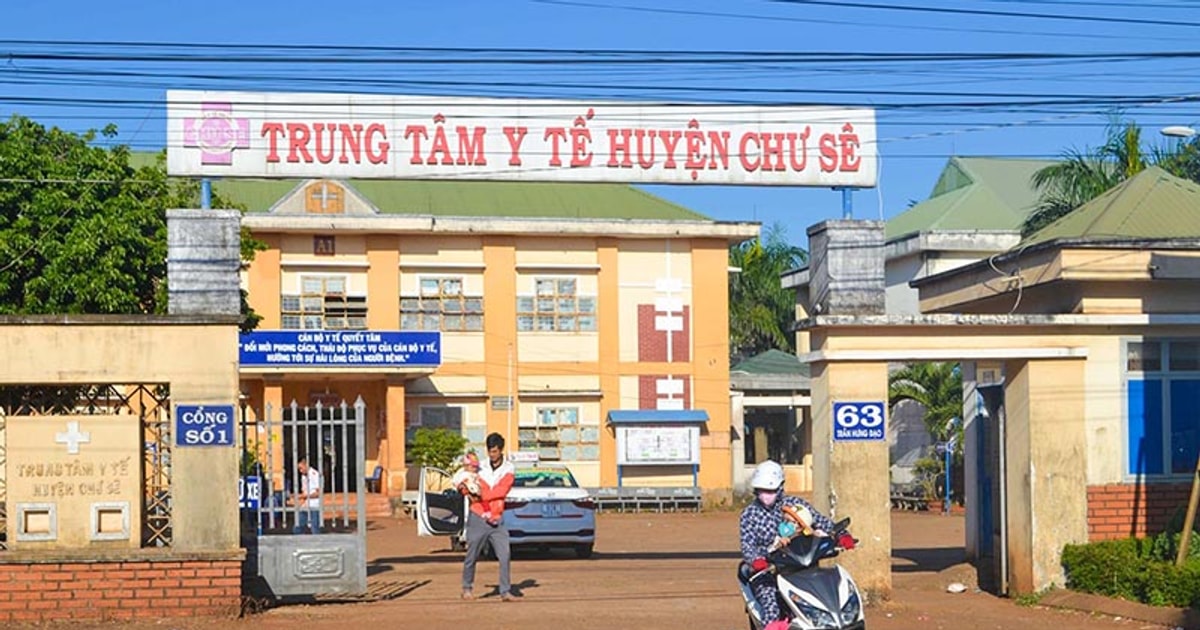
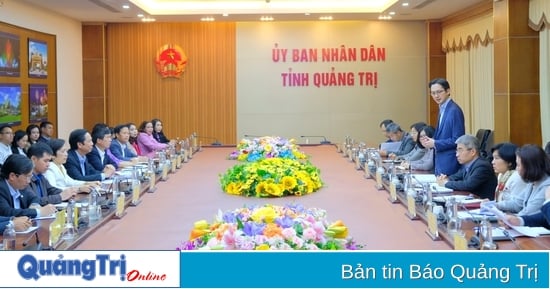
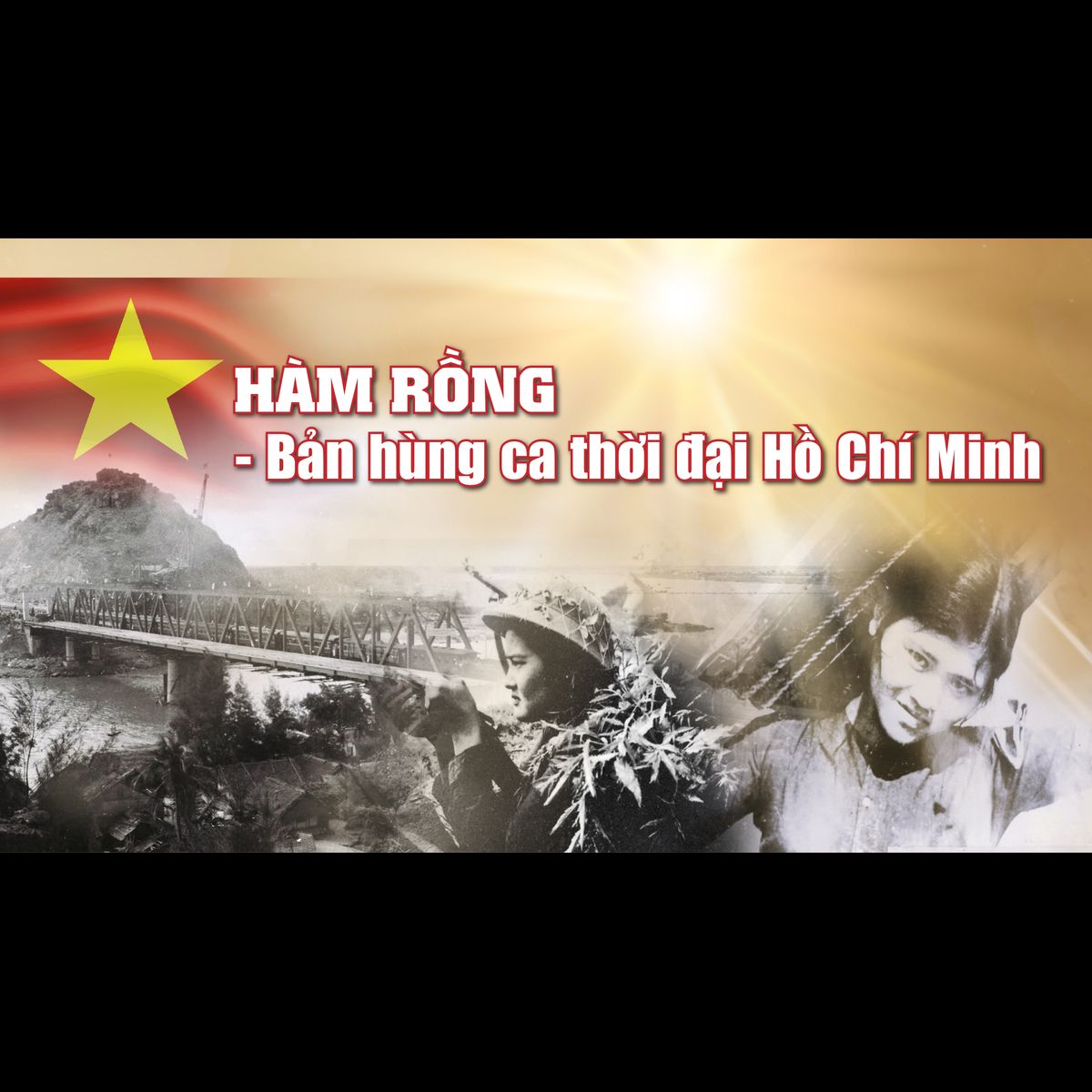

![[Photo] Myanmar's capital in disarray after the great earthquake](https://vstatic.vietnam.vn/vietnam/resource/IMAGE/2025/4/1/7719e43b61ba40f3ac17f5c3c1f03720)









































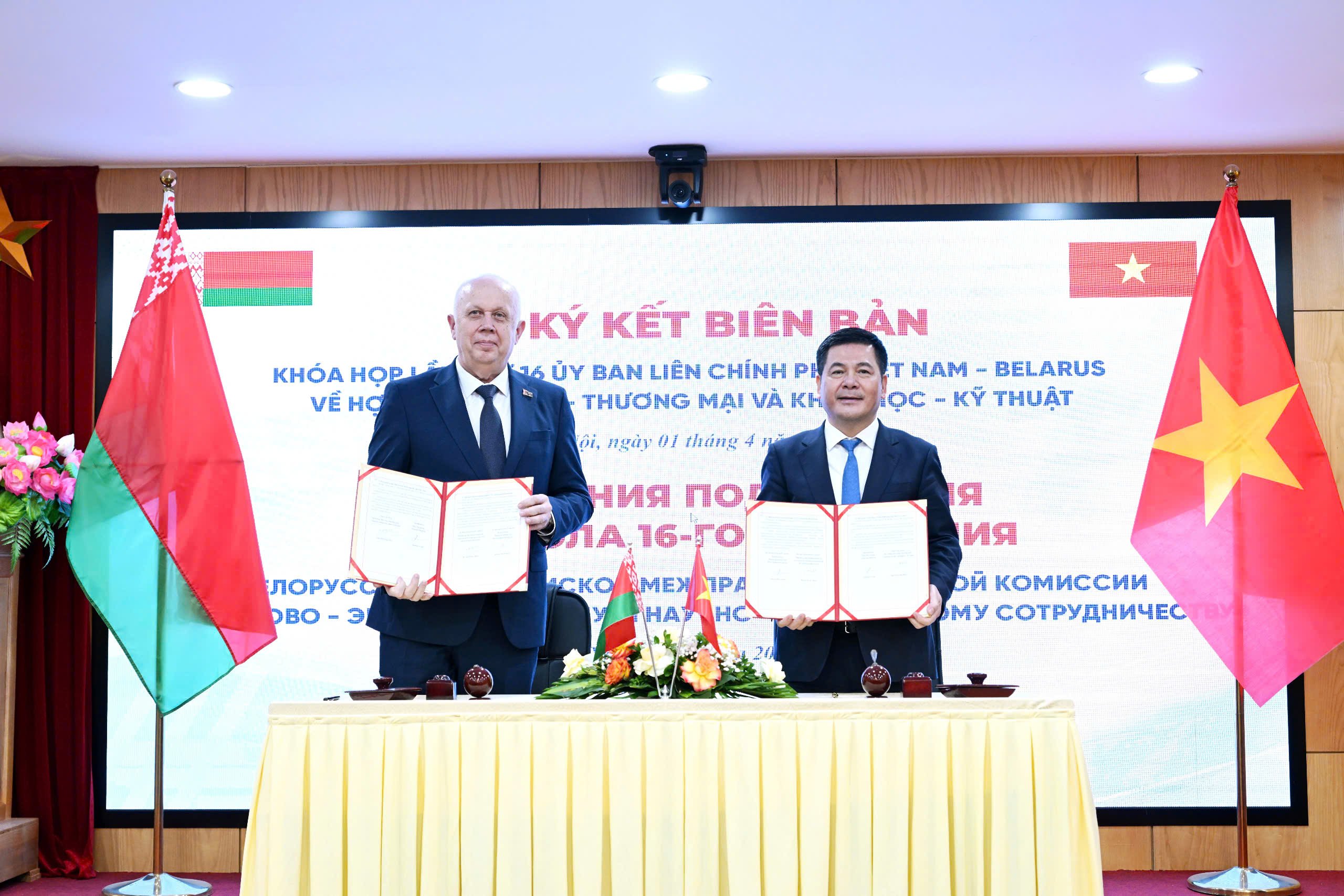
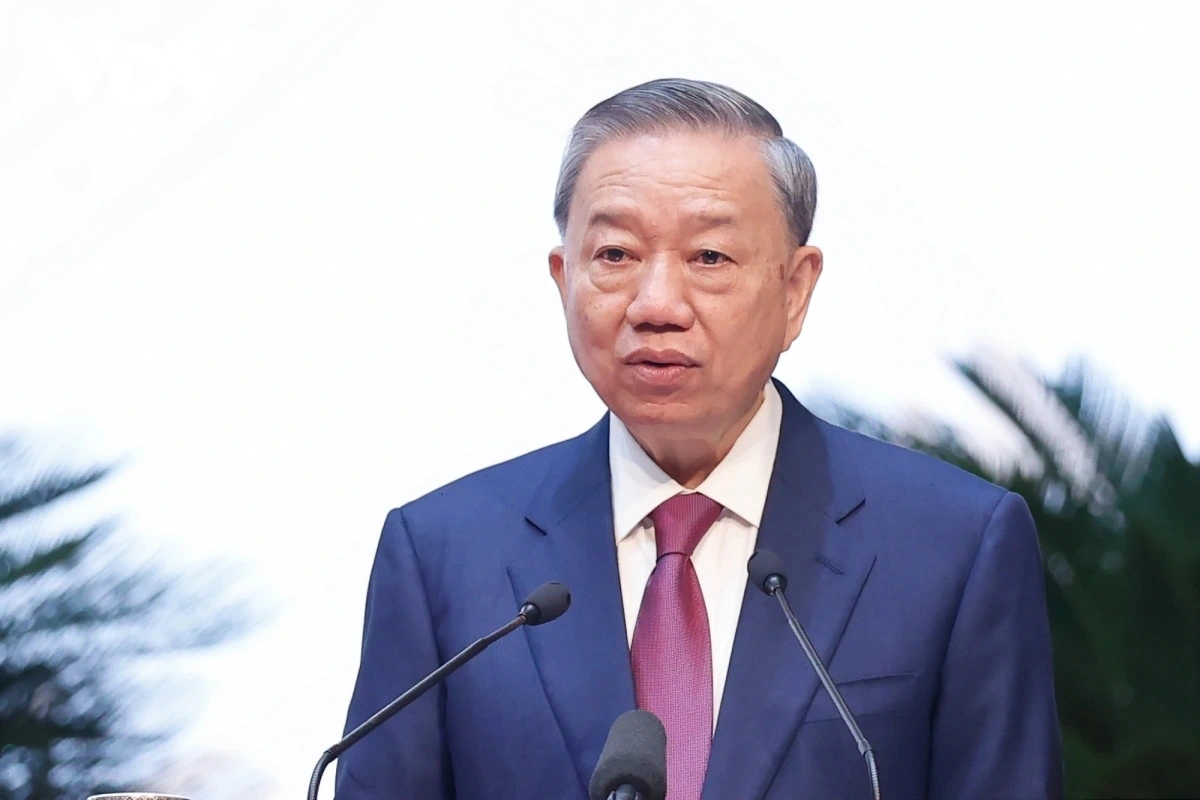



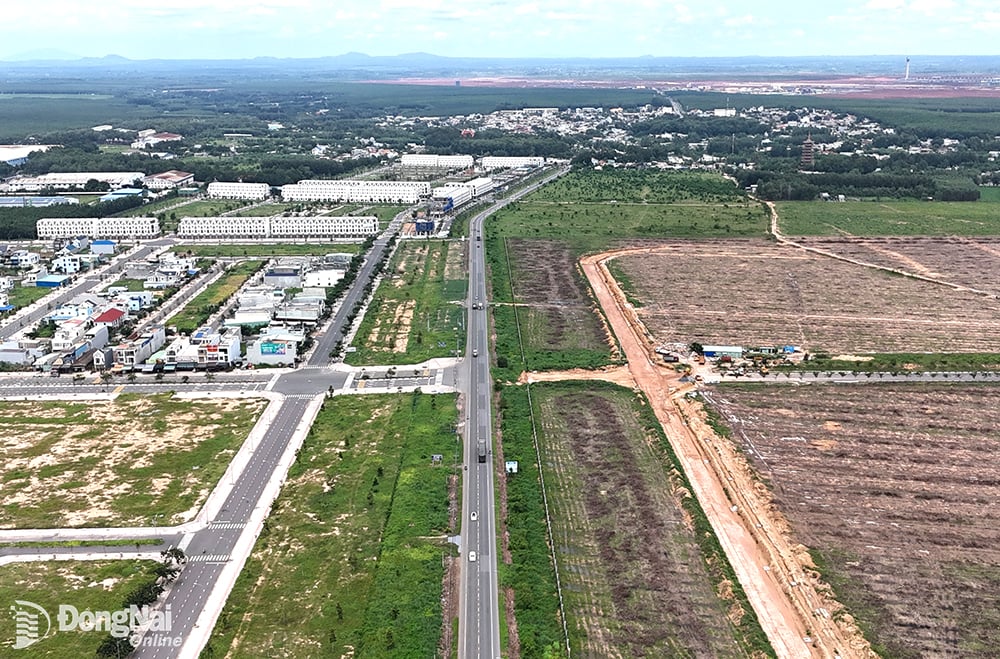
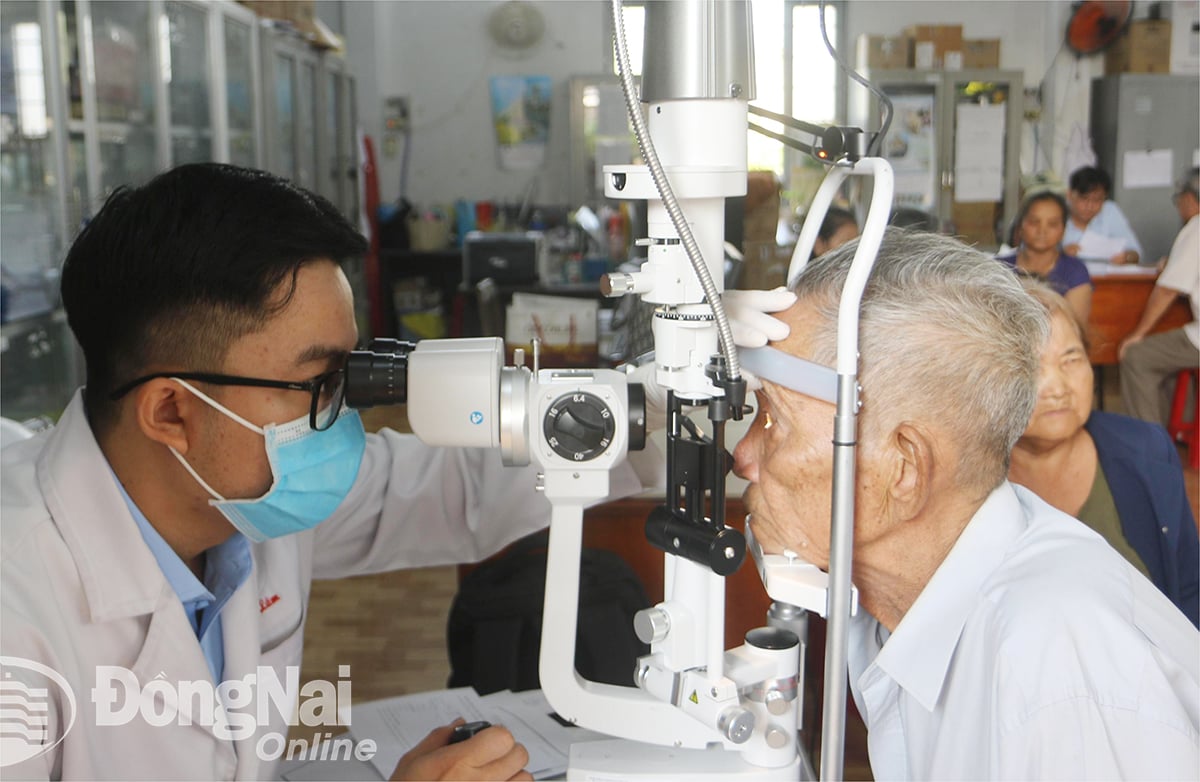











Comment (0)